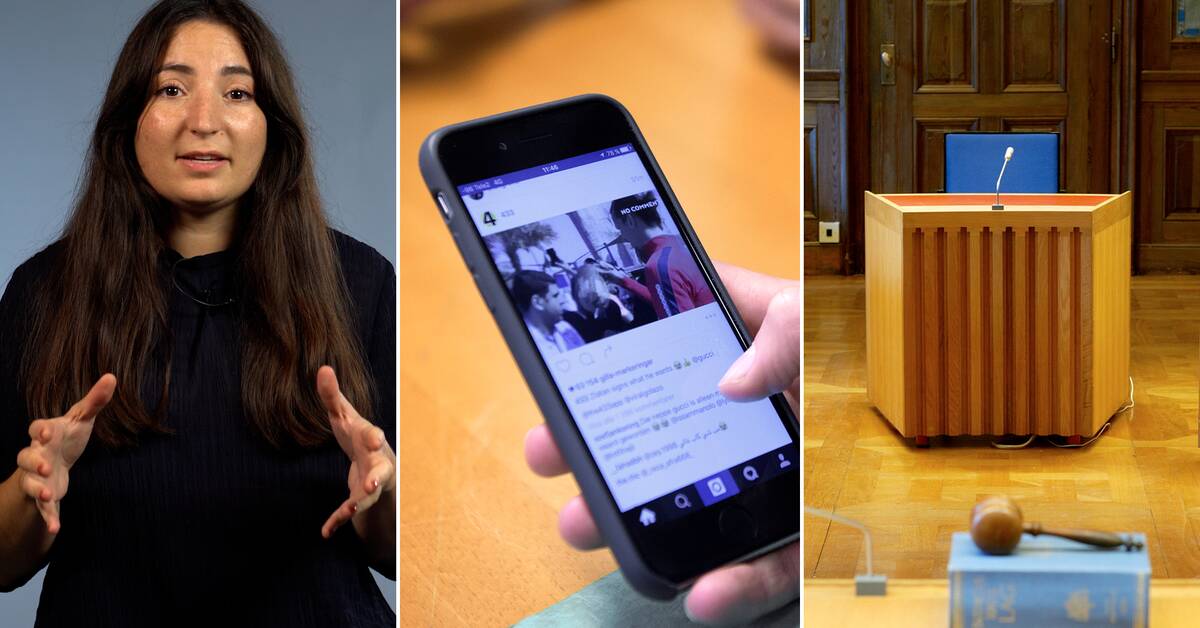In Sweden, we have a strong constitutionally protected freedom of expression that allows us to express our opinions about others and say, yes, quite a lot.
- However, there is a limit when freedom of expression may be left behind for the protection of the individual's privacy and reputation, so you must not say anything, says Mikaela Kassmyr, lawyer.
Now we'll try to sort this out.
There are certain requirements that must be met for you to be convicted of libel.
First, you need to talk about something criminal, or something that might make people dislike you.
It must also be aimed at someone other than the person you are referring to.
If you call someone an idiot, it's not about slander, but could perhaps be an insult.
- But it must also have a certain height of work for a prosecutor to want to pursue a defamation case, says lawyer Mikaela Kassmyr.
Information can be justifiable
There may also be times when it is considered okay to accuse someone of a crime.
In some cases, it is a matter of the accused having a position of power and therefore having to be examined more harshly than others.
And there are exceptions to the law, such as in interrogation situations with the police or in a trial.
- Then you have an obligation to express yourself, even if what you say in itself constitutes slander, says Mikaela Kassmyr.
If the accusation is about serious crime, or if it is widespread, you can be convicted of aggravated libel.
- If, for example, you are a blogger and make serious accusations against someone for your followers, then it will automatically be a big spread.
But it is not really defined how many are many, says Mikaela Kassmyr.
Does not take into account the truth
If the court considers that there has not been a reasonable reason to tell about the information, you can be convicted of libel in Sweden, even if what you wrote was true.
- It is a bit different from other countries' systems, where it is often above all untrue information that is defamatory, says Johanna Björkman.
In the video, lawyers Johanna Björkman and Mikaela Kassmyr explain the three steps and what it takes to be convicted - or acquitted.

